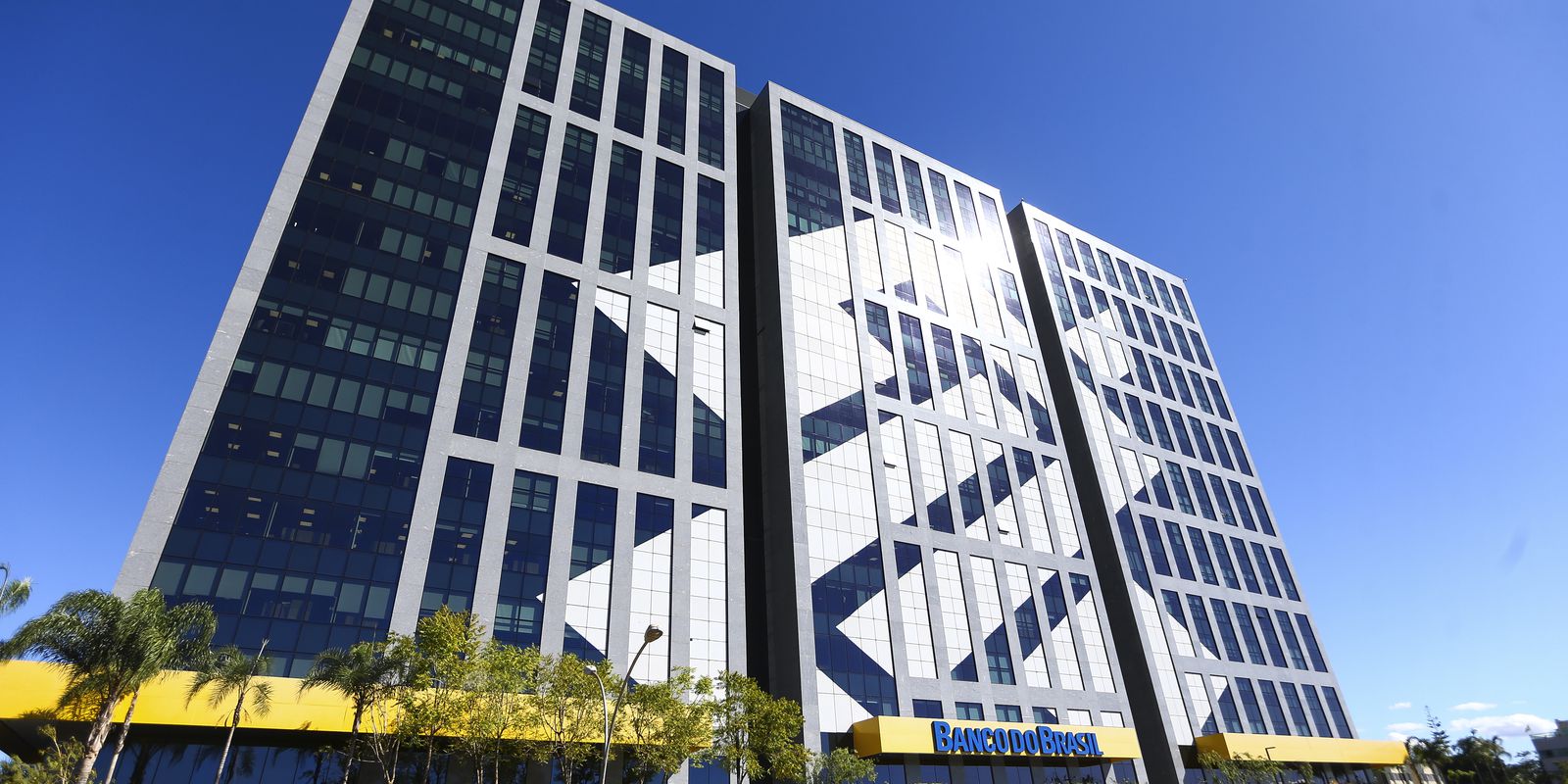RIO DE JANEIRO, BRAZIL – The migration of Argentines to Uruguay made Banco Patagonia decide to stop its operations in the neighboring country since, as an offshore bank, its main clients became residents and could no longer operate with the entity.
According to Juan Trejo, responsible for Investor Relations of the entity, Banco Patagonia (Uruguay) began withdrawing its operations from that market. It submitted the request to the Central Bank of Uruguay for that purpose.
Its clients were almost all Argentines, but many of them moved to Uruguay and became residents, so they could no longer operate with the bank.
Banco Patagonia (Uruguay) is a corporation incorporated and based in Uruguay, 100% controlled by Banco Patagonia, also owned by Banco do Brasil.

OFFSHORE
Banco Patagonia (Uruguay), headquartered in Punta del Este since November 2001, was licensed as an external financial institution (IFE) since it was exclusively engaged in intermediation operations between the supply and demand of securities located outside the country (commonly called “offshore” banking activity).
The IFE can operate exclusively with non-resident clients, with whom they have the possibility of developing all intermediation activities.
FFIs may operate exclusively with non-resident customers, with whom they can perform all financial intermediation activities and related services, including the receipt of demand and current account deposits in foreign currency and authorize drawing on them by check, but may not lend.
NON-RESIDENTS
It had as clients almost all Argentines, but many went to live in Uruguay, which made them residents, so they could no longer operate with the bank.
For Patagonia, the operation was insignificant, and they had been discussing for some time what to do: they wanted to transform it into a bank, but the time was not right.
The IFE has 100% liquidity to return its deposits and all the securities and shares held by its customers. Immediately or whenever required.
The Central Bank of Uruguay will only solve the problem in 4 or 5 months.
Since it is not a critical operation but a minimal portion (to the point that, with the sale of its percentage in Prisma, Banco Patagonia earned six times more than what this IFE represented), they decided to liquidate it, a process that will take about six months.
The deposit portfolio could be taken over by Banco do Brasil, Patagonia’s parent company, which is in Uruguay.

